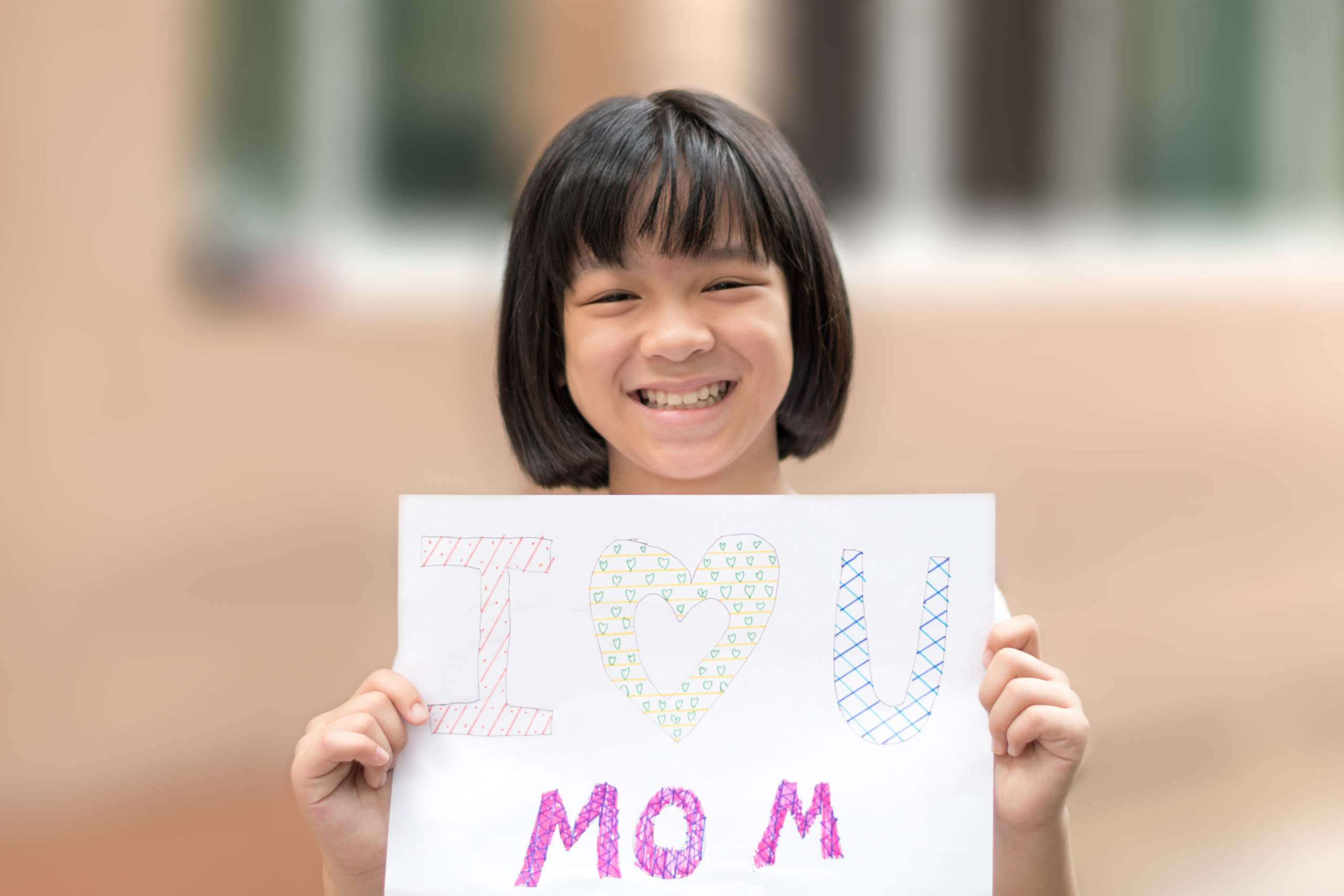
Not likely; at least not most of the time.
You’ve just taken them on a special outing. Or you set aside your agenda for a couple of hours to do something with them, or you signed them up for a special class or clinic you really couldn’t afford, or bought them an outfit which meant you could not get something for yourself. You made sure they had a really fun summer at great cost to you in time, energy, and finances.
Have they thanked you or remarked on what a great mom you are or seemed to appreciate what you have done in any way? The answer is most likely “no.” Doing things for our kids is like pouring water in a bucket full of holes. They always want more and this can drive us crazy.
I have found this to be one of the most frustrating things in parenting. We teach our kids to be grateful and they aren’t. We wish they’d notice the sacrifices we make and comment on them. We wish they wouldn’t feel so entitled. But they do. So what do we do?
The following may help.
Draw a distinction in your mind between training and response. Our job is to train them daily in the importance of gratitude. But remember, it is unrealistic for us to expect to see a results in the short-term. It is going to take years for them to get it. Often we fall into one of two traps: Either we get so frustrated when they are ungrateful that we lose our tempers, or we simply cater to their desires (indulge them) without teaching them to be thankful.
Teach them to always say “thank you” and “please” in every little thing. Yes, you’ll get sick of saying it. Have them write a post-it note and leave it on the pillow or mirror of a family member to thank them for something they did. Be sure they write thank you notes to grandparents (and others) for things they do for them. You will get exhausted doing this over and over. It will take repeated training over years. This is hard for us because it seems so simple and we feel like they should get it more quickly.
It will relieve some of your frustration if you tell yourself, They are just kids and this is a long-term training program. You have to lower your expectations of quick results.
On the other hand, do not give into our culture’s wave of entitlement. You are not your child’s servant or best friend. You are his parent. Your standard is high. Don’t lower it. He needs to cultivate a grateful heart. So when he says, “You aren’t spending any time with me” or whines, “There’s nothing to do” when you’ve just spent the morning doing something with him, resist the temptation to lash out or to placate. Simply say, “Okay, let’s think about this… how many things can you name that I (or someone else) have done for you in the past 24 hours? (Include things like, buying food, carpooling, playing, reading, etc.) How have you shown thanks for these things? How will you do that today?”
Consistent training (for them) and realistic expectations (for us) covered by an umbrella of patience—and often long-suffering on the part of the parents—will in time contribute to raising kids with thankful hearts.
It helps me to think of how patient my heavenly Father is with me. He keeps having to teach me the same lessons over and over. I am still not grateful to Him for what He has done. Yet He keeps on, keeping on.

